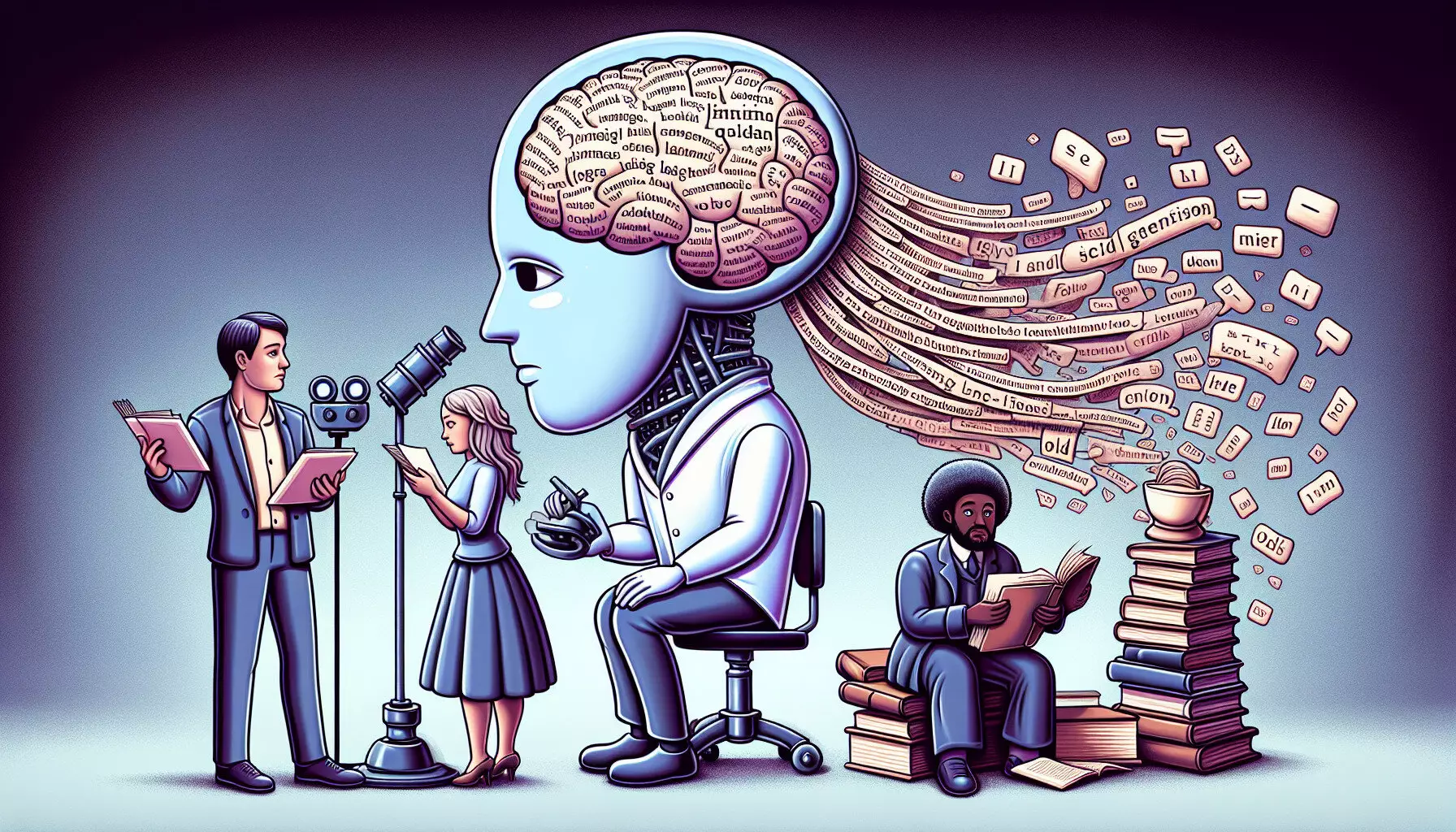Artificial Intelligence (AI) has become an integral part of our daily lives, with numerous applications across various industries. However, a recent report led by researchers from UCL has shed light on a troubling aspect of AI – gender bias. The study, commissioned by UNESCO, focused on Large Language Models (LLMs) and their propensity to discriminate against women and individuals from different cultures and sexualities.
Evidence of Gender Discrimination
The findings of the report revealed disturbing patterns of bias in content generated by popular generative AI platforms such as Open AI’s GPT-3.5 and GPT-2, as well as META’s Llama 2. The study uncovered strong stereotypical associations between female names and words like “family,” “children,” and “husband,” reinforcing traditional gender roles. On the other hand, male names were more likely to be linked with words such as “career,” “executives,” “management,” and “business.”
The gender-based stereotypes extended beyond just word associations, with negative notions perpetuated by the AI-generated text depending on culture or sexuality. Women were frequently assigned to roles that are traditionally undervalued or stigmatized, such as “domestic servant,” “cook,” and “prostitute,” while men were portrayed in high-status professions like “engineer” or “doctor.” This not only reflects societal biases but also perpetuates them in the digital realm.
Dr. Maria Perez Ortiz, one of the authors of the report and a member of the UNESCO Chair in AI at UCL team, highlighted the importance of addressing these gender biases within AI systems. She emphasized the need for an ethical overhaul in AI development to ensure that technology reflects the diversity of human experiences and advances gender equality. As a woman in tech herself, Dr. Perez Ortiz advocates for AI that uplifts rather than undermines gender equity.
The UNESCO Chair in AI at UCL team, in collaboration with UNESCO, is working to raise awareness of the issue and develop solutions through joint workshops and events involving key stakeholders. Professor John Shawe-Taylor, the lead author of the report, emphasized the need for a global effort to address AI-induced gender biases. He highlighted the role of international collaboration in creating AI technologies that honor human rights and promote gender equity.
Presentation and Advocacy
The report was presented at the UNESCO Digital Transformation Dialogue Meeting and the United Nations headquarters, signaling a concerted effort to address gender bias in AI at the international level. Professor Drobnjak, Professor Shawe-Taylor, and Dr. Daniel van Niekerk were instrumental in advocating for a more inclusive and ethical direction for AI development. The presentation at the UN’s session on gender equality underlined the importance of challenging existing inequalities and promoting diversity in technology fields.
The findings of the report underscore the urgent need to address gender bias in AI tools and technologies. By exposing the deep-rooted stereotypes embedded in Large Language Models, the researchers have paved the way for a more inclusive and equitable approach to AI development. It is essential for all stakeholders, from developers to policymakers, to work together towards creating AI systems that reflect the diverse tapestry of human experiences and uphold gender equality.


Leave a Reply